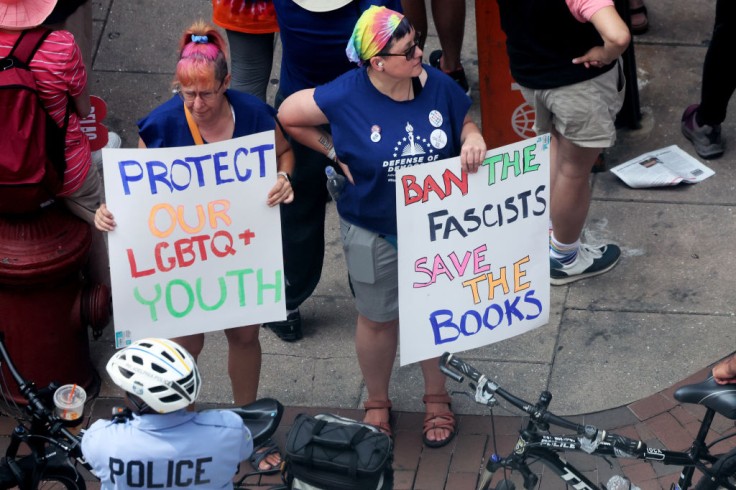
A Florida school district finds itself at the center of controversy as parents express outrage over a new policy requiring explicit consent for students to participate in an African American book reading.
The contentious move, mandated by the school in compliance with the Parental Rights in Education law, has raised eyebrows and ignited debates surrounding the extent of parental control in classroom activities.
Florida School Controversy Over African American Book Reading
The controversy unfolded when parents, like Charles Walter, discovered a permission slip from Miami-Dade County Public Schools detailing an upcoming "read aloud" session featuring an African American author's book.
The slip, sent home to parents, explicitly demanded consent for students to partake in the scheduled activity.
I had to give permission for this or else my child would not participate??? @SuptDotres #BlackHistoryMonth pic.twitter.com/dHU1a68APd
— Chuck Walter @ FriendApp (@ChuckWalterFL) February 13, 2024
This revelation left many questioning the necessity of parental approval for such routine educational endeavors.
The form, citing the Parental Rights in Education law, outlined the parameters of the reading session, scheduled for a brief 30 minutes in the school library.
What caught parents off guard was not only the need for consent but also the specificity of the types of guests mentioned as potential attendees: "fireman/doctor/artist."
The incident raises concerns about the perceived limitations on classroom activities and the potential impact on students' exposure to diverse literature.
Parental Rights in Education Law: A Double-Edged Sword
The Parental Rights in Education law, signed into effect by Governor Ron DeSantis in 2022, has been a contentious point of discussion.
While supporters argue that it empowers parents by giving them more control over their children's education, critics have dubbed it the "Don't Say Gay" law, expressing concerns about potential restrictions on classroom discussions related to sexual orientation or gender identity.
The controversial law, expanded to encompass all grade levels, has now manifested in the form of mandatory consent for activities like the African American book reading at Coral Way K-8 in Miami.
The incident sparks broader conversations about the balance between parental involvement and potential limitations on educational content, as well as the application of such policies in routine classroom activities.
School District Responds Amid Growing Backlash
As parents like Charles Walter expressed their shock and dismay, administrators at Coral Way K-8 declined to comment on the specific incident, redirecting inquiries to the Miami-Dade County Public Schools district.
A district spokesperson released a statement attempting to quell concerns, emphasizing compliance with the state law and assuring parents that permission slips were sent home due to the involvement of guest speakers during school-authorized educational activities.
The statement acknowledged potential confusion in describing the event and pledged to work towards better clarity for parents in the future.
Despite the reassurance, the controversy has fueled discussions about the need for such stringent measures, with critics questioning whether the Parental Rights in Education law is being applied excessively in routine classroom activities.
The Florida school controversy sheds light on the ongoing debates surrounding parental control, educational policies, and the broader implications of laws like the Parental Rights in Education Act.
As parents grapple with the unexpected need for consent in what they perceive as routine educational activities, the incident prompts a reevaluation of the delicate balance between parental involvement and the freedom to explore diverse literary content in classrooms across the state.